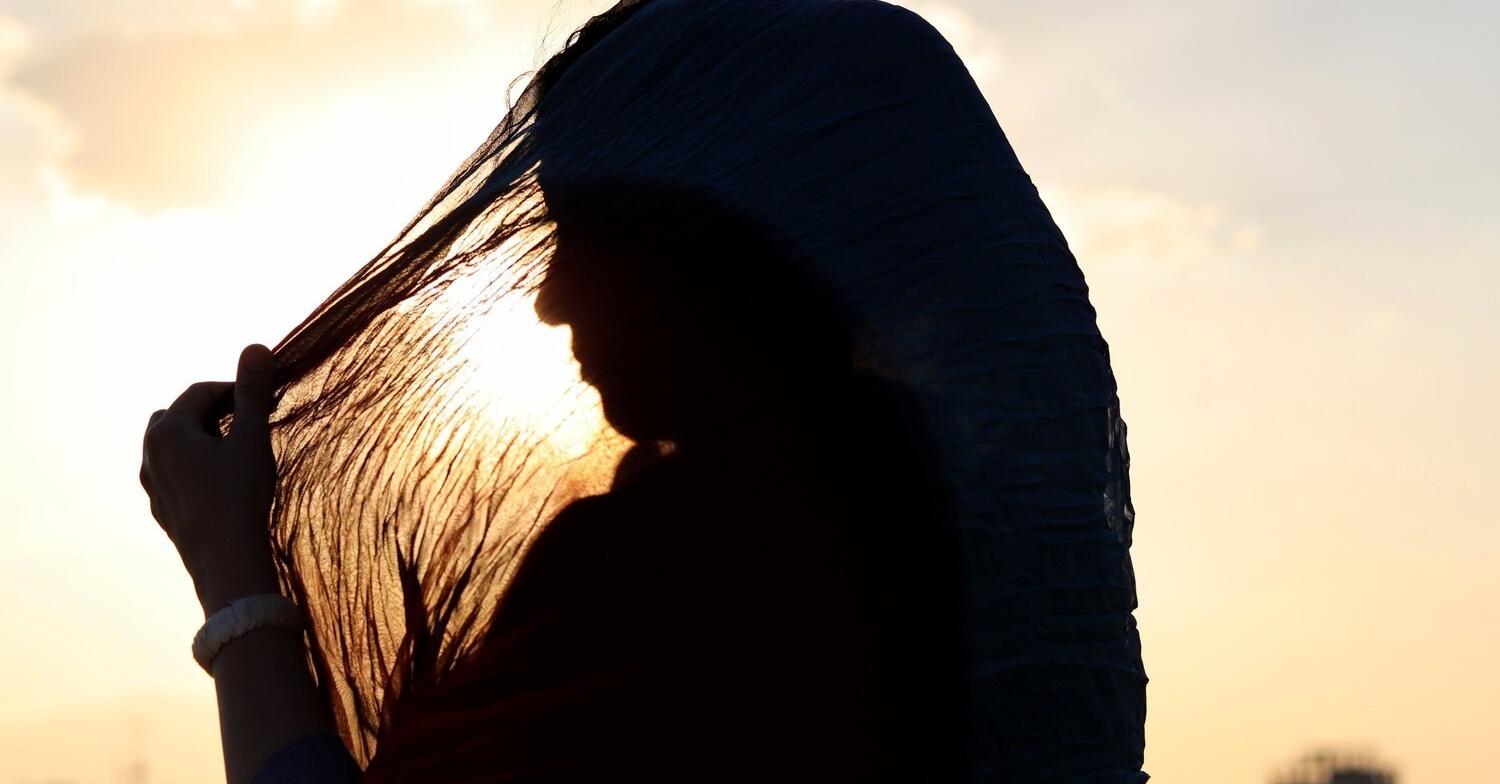Are you curious to know what is a traditional woman? You have come to the right place as I am going to tell you everything about a traditional woman in a very simple explanation. Without further discussion let’s begin to know what is a traditional woman?
The term “traditional woman” often evokes various images and connotations, depending on one’s perspective and cultural background. While it may seem straightforward on the surface, the concept of a traditional woman is multifaceted and subject to change over time. In this blog post, we will delve into the idea of a traditional woman, examine its historical and cultural context, and explore how it has evolved in today’s diverse society.
What Is A Traditional Woman?
A traditional woman is commonly associated with adhering to traditional gender roles and expectations within a given culture or society. These roles often include:
- Homemaker: Historically, women were primarily responsible for managing household duties, such as cooking, cleaning, and childcare.
- Caretaker: Women have often been seen as the primary caregivers for children, the elderly, and family members in need.
- Supportive Partner: In traditional gender roles, women were expected to support their husbands’ careers and prioritize family life.
- Modesty: Traditional women are often expected to adhere to cultural norms of modesty in dress and behavior.
- Religious and Cultural Values: Traditional women may follow religious or cultural practices that influence their lifestyle choices.
- Limited Career Ambitions: In some traditional societies, women’s career ambitions may be limited compared to men.
It’s important to note that the concept of a traditional woman varies significantly from culture to culture and has evolved over time. What may be considered traditional in one society or era may differ significantly from another.
The Evolution Of The Traditional Woman
The concept of a traditional woman has evolved significantly over the years, driven by various factors, including social progress, women’s rights movements, and changing cultural norms. Here are some key points in this evolution:
- Women’s Rights Movements: The 19th and 20th centuries saw significant strides in women’s rights, including the right to vote and work outside the home. These movements challenged traditional gender roles and expanded opportunities for women.
- Changing Roles in the Family: Economic and social changes have led to shifts in family dynamics, with women taking on a more diverse range of roles within the household.
- Education and Career: Women’s access to education and career opportunities has expanded, allowing them to pursue careers and ambitions beyond traditional roles.
- Equality: Modern societies increasingly emphasize gender equality and the importance of personal choice in defining one’s role, leading to a broader range of possibilities for women.
- Diversity: The concept of a traditional woman is highly diverse and varies across cultures, religions, and individual beliefs. What is considered traditional in one context may be quite different in another.
Conclusion
The concept of a traditional woman is complex and multifaceted, influenced by cultural, historical, and societal factors. While traditional gender roles have evolved over time, they continue to coexist with more progressive and egalitarian views on women’s roles and rights. It is essential to recognize that there is no one-size-fits-all definition of a traditional woman, as individual choices, cultural backgrounds, and societal norms shape women’s roles in diverse ways. Today, the notion of a traditional woman is just one of the many facets of a broader spectrum of gender roles and identities in our ever-evolving world.
By visiting Thesbb you can get more knowledge about various topics.
FAQ
What Is The Definition Of A Traditional Woman?
noun. a married woman who chooses to be a homemaker as a primary occupation and adheres to or embodies traditional femininity and female gender roles, often associated with conservative or alt-right political values.
What Are Traits Of A Traditional Woman?
Behavior and personality. Traits such as nurturance, sensitivity, sweetness, supportiveness, gentleness, warmth, passivity, cooperativeness, expressiveness, modesty, humility, empathy, affection, tenderness, and being emotional, kind, helpful, devoted, and understanding have been cited as stereotypically feminine.
What Is The Role Of A Traditional Woman?
Traditional gender roles for women include: Caregiver and nurturer: Women are expected to be the primary caregiver to their children and any elderly relatives. Homemaker: There is an expectation of cooking, cleaning, buying groceries, and doing any other tasks related to running a household.
What Are The Values Of A Traditional Woman?
“True women”, according to this idea, were supposed to possess four cardinal virtues: piety, purity, domesticity, and submissiveness. The idea revolved around the woman being the center of the family; she was considered “the light of the home”.
I Have Covered All The Following Queries And Topics In The Above Article
What Is A Traditional Woman
What Is A Traditional Chinese Woman
What Is The Traditional Role Of A Woman
What Is A Movie With A Woman Being Traditional
What Is The Traditional Bolivian Clothing For A Woman
What Is The Definition Of A Traditional Woman
What Is A Modern Woman Vs Traditional
What Is The Traditional Costume Of A Guna Woman
What Is The Traditional Dress Of A Muslim Woman Calles
What Is A Traditional Woman
What are the traditional values of a woman

